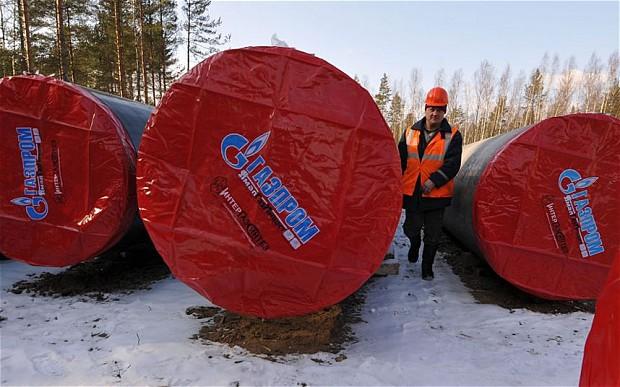
CHINA'S GAS CONSUMPTION UP

FINANCIAL TIMES wrote, China’s natural gas consumption grew at its slowest pace in 17 years during 2015, a factor hindering the arrival of a “golden age” for the fuel, according to the head of the world’s leading energy body.
Gas demand growth in the Asian nation, which is transforming into a consumer-driven economy, decelerated to about 4 per cent last year — the slowest pace since 1998 — compared with an average growth rate of 15 per cent between 2009 and 2014.
"China is still in the driving seat when it comes to [global] gas demand growth, but it is a lot slower than it was before," said Fatih Birol, executive director of the International Energy Agency. "This is one of the factors that stalled the golden age of gas."
Subdued economic growth in industrialised nations — from the US to Europe — is also slowing global energy demand growth and creating "headwinds" for natural gas, just as it was expected to play a greater role in the global energy mix, Mr Birol told the Financial Times ahead of the release of the IEA's six-year gas market outlook on Wednesday.
A drop in gas prices, which are linked to oil that has faced a collapse since mid-2014, has not spurred stronger demand as expected, said Mr Birol. Not only is gas facing competition cost-wise from alternative fuels, the signing of a new climate agreement in Paris has mobilised political support for renewable technologies.
"It's difficult for gas to compete," said Mr Birol.
Growth in global gas consumption will weaken to an average annual growth of 1.5 per cent between 2015 and 2021. This compares with an annual rate of 2.5 per cent over the prior six years.
China's rising incomes, urbanisation and concerns over the toxic smog that enshrouds many of its cities had pushed the country away from coal and oil towards natural gas and cleaner fuels.
A decade of negotiations led to a $400bn gas supply deal with Russia in 2014 as part of a longer term strategy to raise natural gas imports via pipeline and liquefied natural gas. China, which became a net gas importer in 2007 and drove global energy demand for much of the past decade, is also expanding domestic reserves and storage capacity.
China's absolute gas demand saw double-digit growth between 2003 and 2013, during which it rose from 34bn cubic metres to 167bn. Since, growth has been slower with demand hitting 183bn in 2014 and 190bn last year.
Part of that weakness is structural and linked to the ongoing restructuring of the Chinese economy, Mr Birol said.
Cost is also to blame. "In the absence of environmental regulations, particularly in Asia, people are still going for coal fired power stations as they are cheaper, even if they are very inefficient," Mr Birol said. The IEA said natural gas prices in China are still about three times higher than coal, meaning substitution still faces challenges.
"We had forecast Chinese gas demand to dramatically grow to the end of the decade. But so far it is not moving fast enough with its decarbonisation programme," said Thierry Bros, gas analyst at Société Générale.
-----
Earlier:







